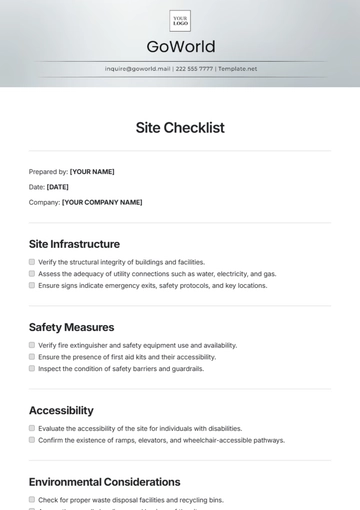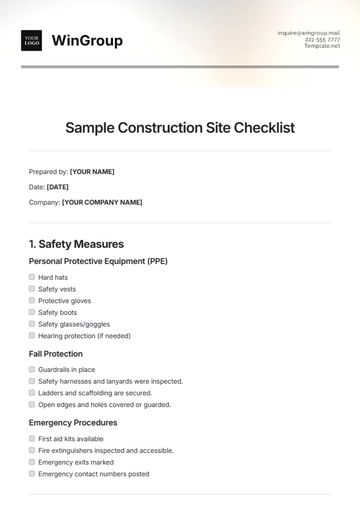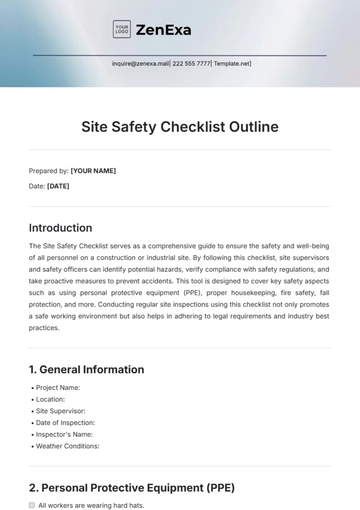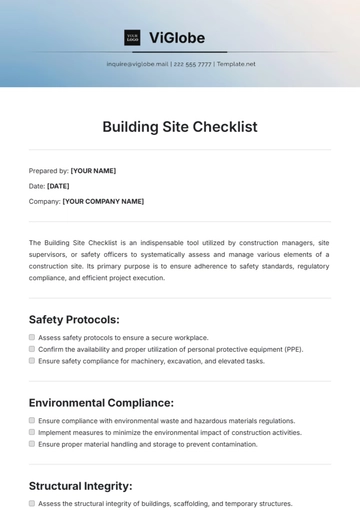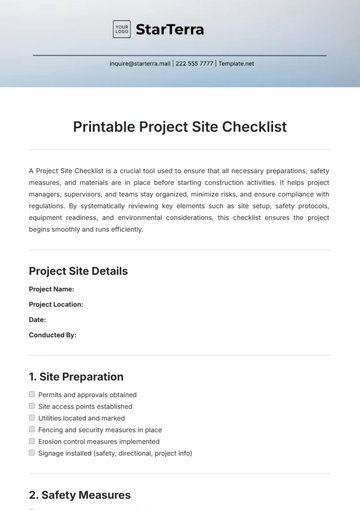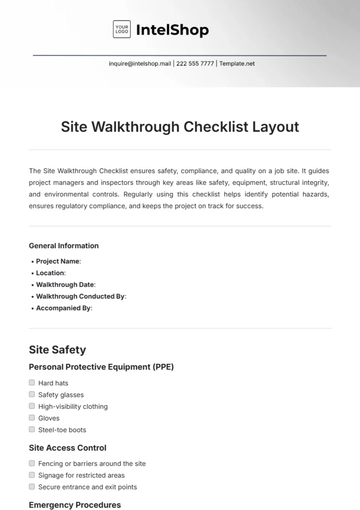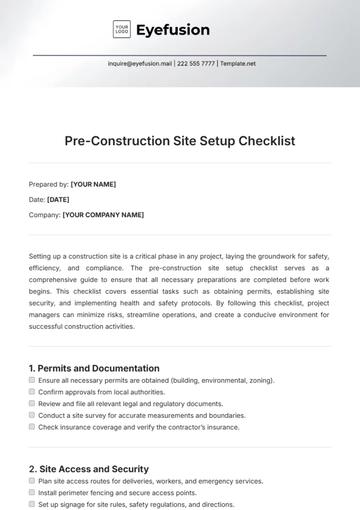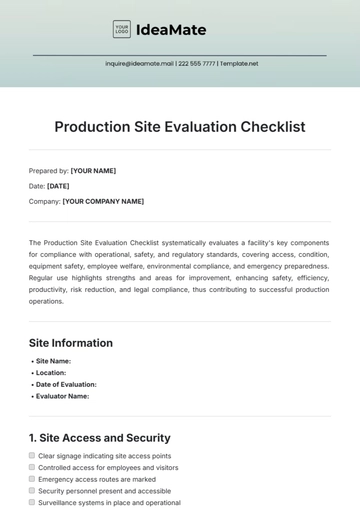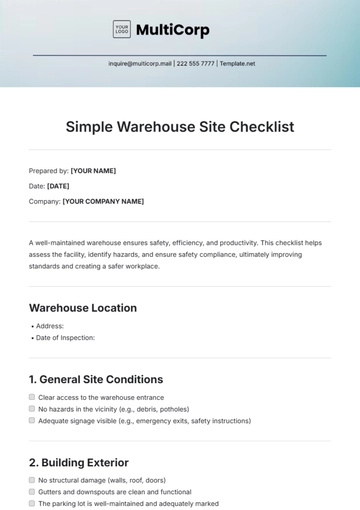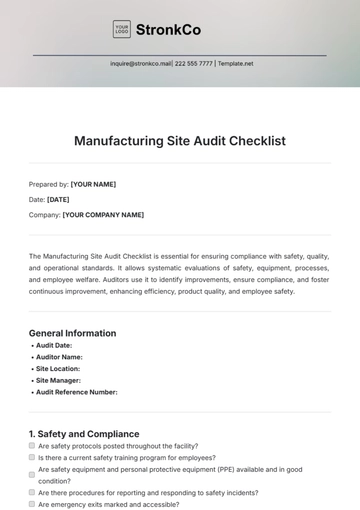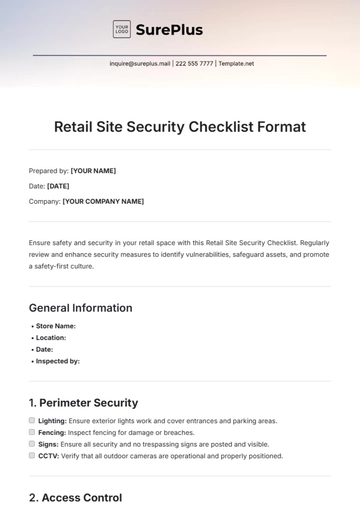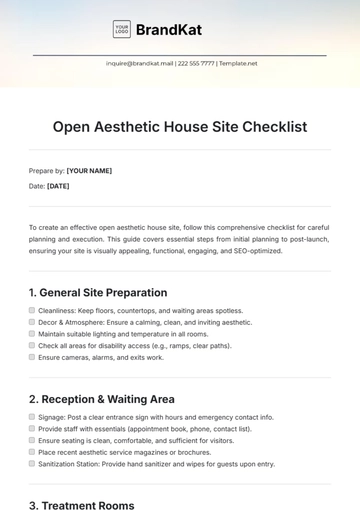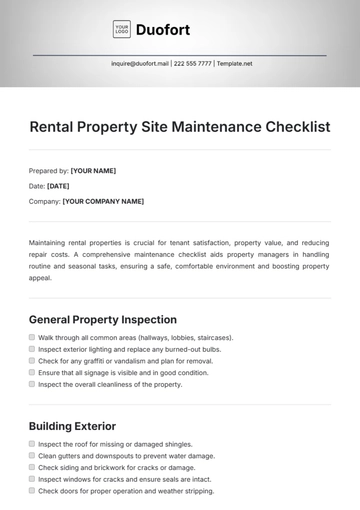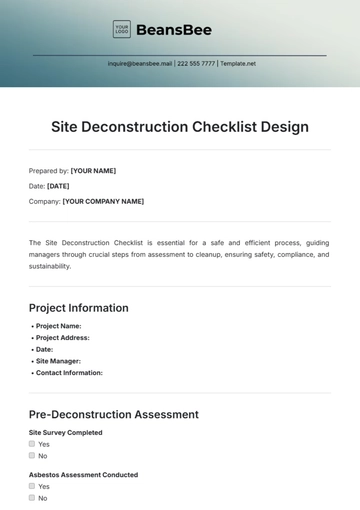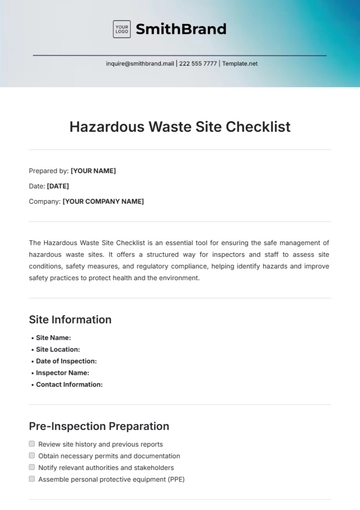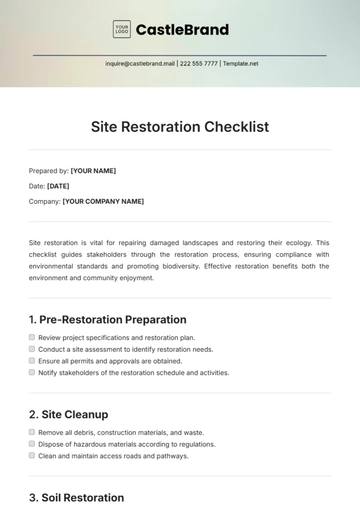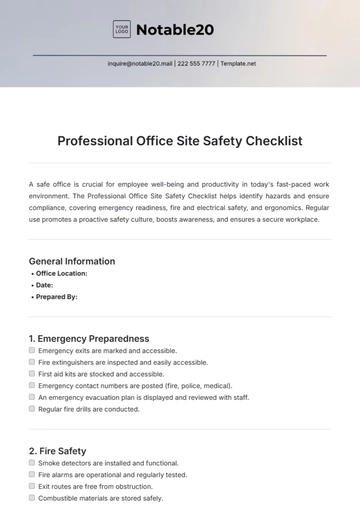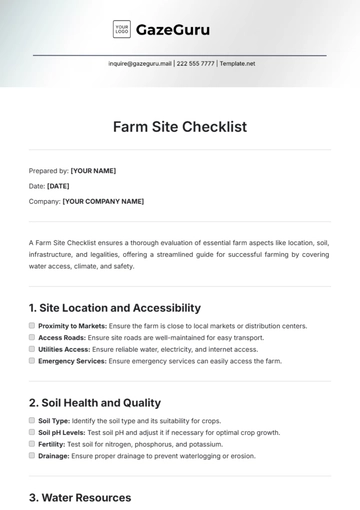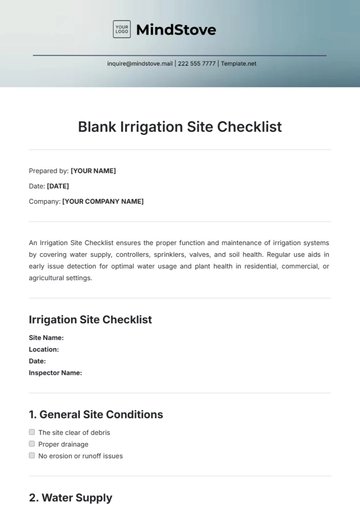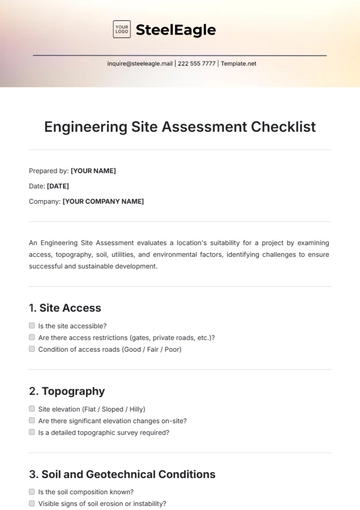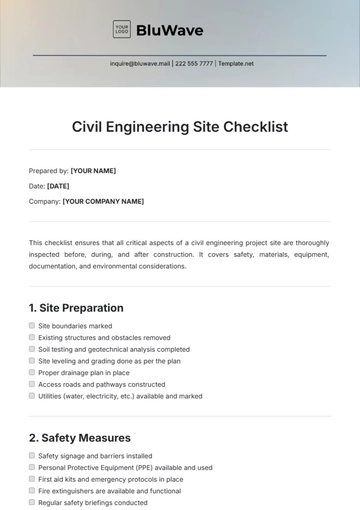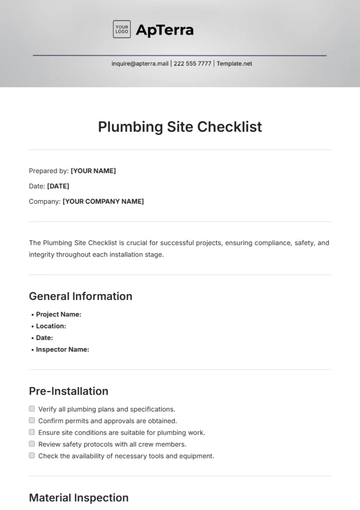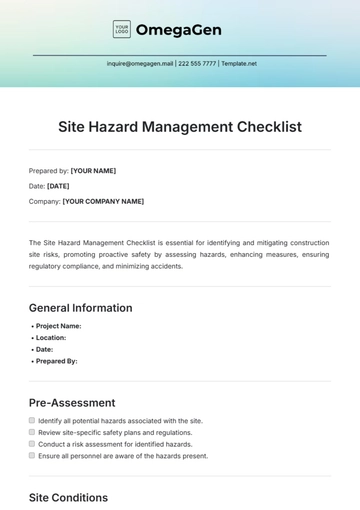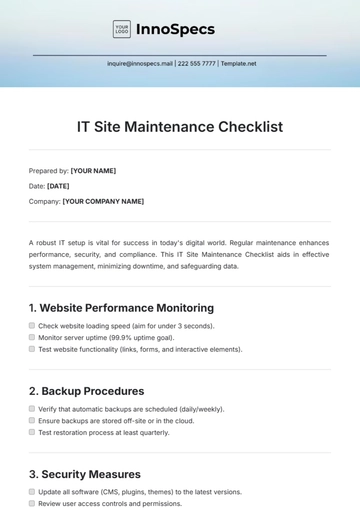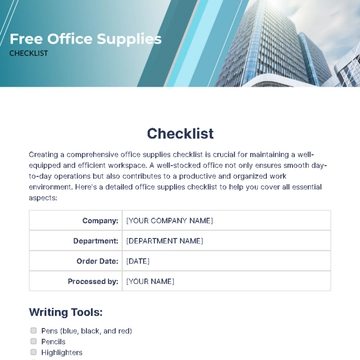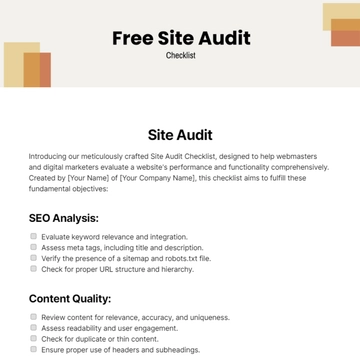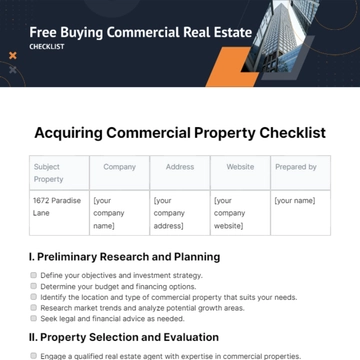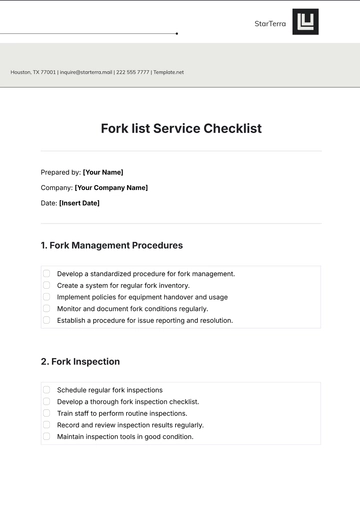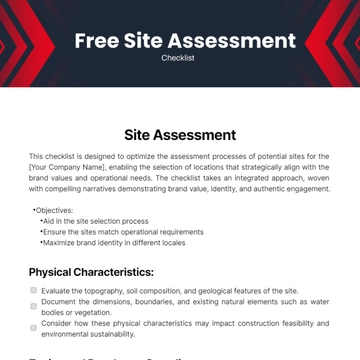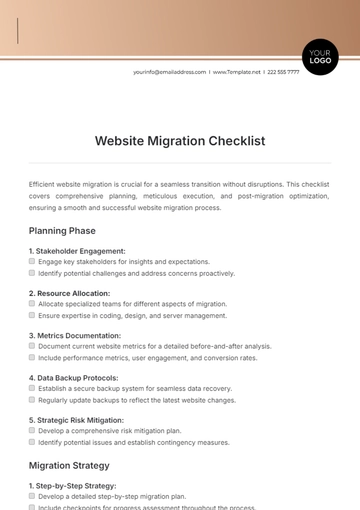Free Special Education Compliance Checklist
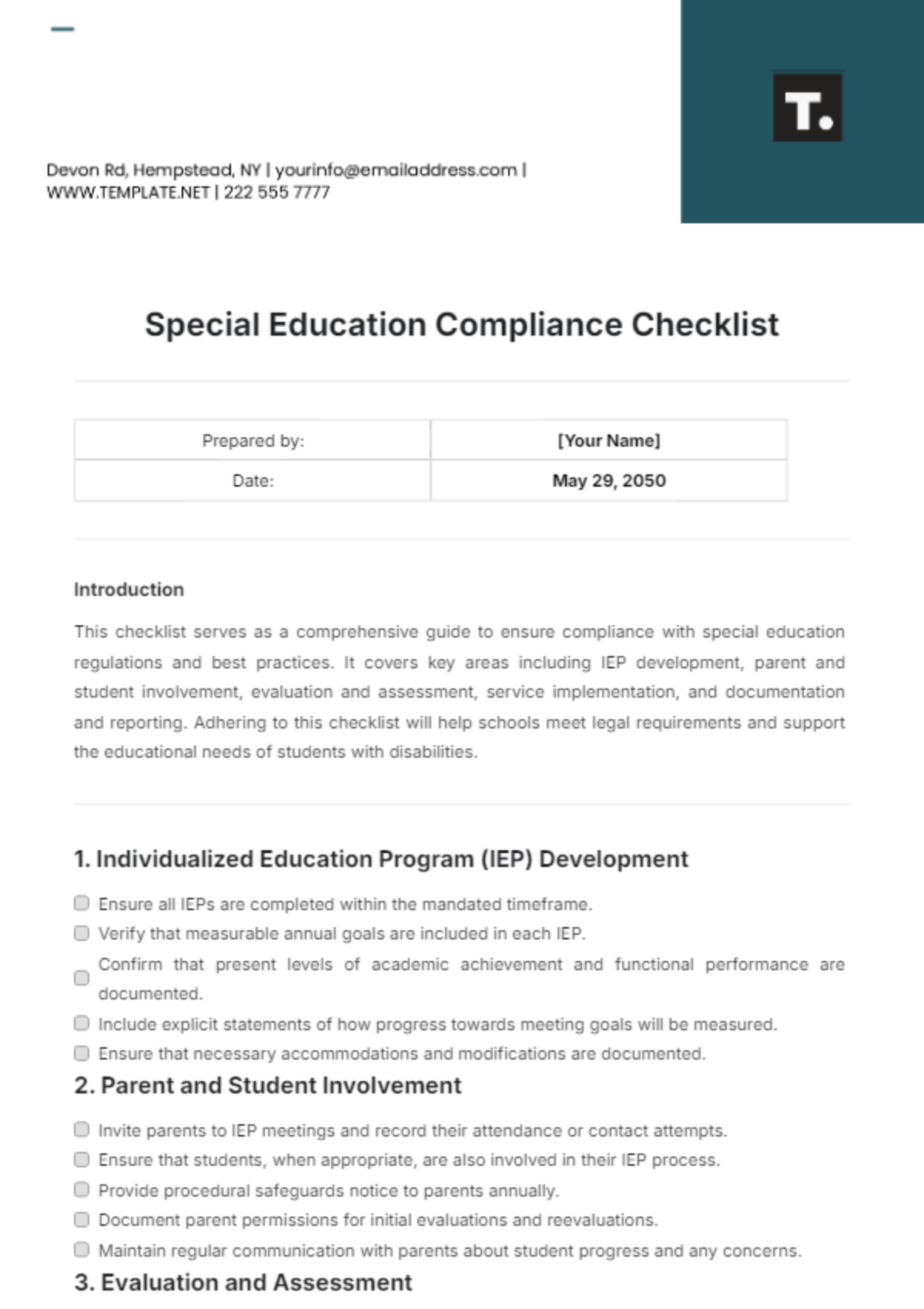
Prepared by: | [Your Name] |
Date: | May 29, 2050 |
Introduction
This checklist serves as a comprehensive guide to ensure compliance with special education regulations and best practices. It covers key areas including IEP development, parent and student involvement, evaluation and assessment, service implementation, and documentation and reporting. Adhering to this checklist will help schools meet legal requirements and support the educational needs of students with disabilities.
1. Individualized Education Program (IEP) Development
Ensure all IEPs are completed within the mandated timeframe.
Verify that measurable annual goals are included in each IEP.
Confirm that present levels of academic achievement and functional performance are documented.
Include explicit statements of how progress towards meeting goals will be measured.
Ensure that necessary accommodations and modifications are documented.
2. Parent and Student Involvement
Invite parents to IEP meetings and record their attendance or contact attempts.
Ensure that students, when appropriate, are also involved in their IEP process.
Provide procedural safeguards notice to parents annually.
Document parent permissions for initial evaluations and reevaluations.
Maintain regular communication with parents about student progress and any concerns.
3. Evaluation and Assessment
Conduct initial evaluations within 60 days of receiving parental consent.
Ensure reevaluations occur at least once every three years.
Use diverse assessment tools to gather functional, developmental, and academic information.
Ensure assessments are non-discriminatory and provided in the child’s native language or mode of communication.
Document assessment results and use them to guide IEP development.
4. Service Implementation
Ensure timely provision of services as outlined in the IEP.
Monitor the fidelity of service delivery and make adjustments as needed.
Conduct regular progress monitoring and document the results.
Communicate regularly with service providers about student progress and any issues.
Schedule periodic reviews of the IEP to ensure it remains appropriate and effective.
5. Documentation and Reporting
Maintain accurate and secure records of all IEP documents and correspondences.
Ensure compliance with state and federal reporting requirements.
Document any incidents and interventions in student records properly.
Provide necessary reports to parents, educational agencies, and relevant stakeholders.
Ensure all staff are trained on proper documentation practices and compliance regulations.
- 100% Customizable, free editor
- Access 1 Million+ Templates, photo’s & graphics
- Download or share as a template
- Click and replace photos, graphics, text, backgrounds
- Resize, crop, AI write & more
- Access advanced editor
Ensure special education compliance with Template.net Special Education Compliance Checklist Template. Customizable and downloadable, this tool streamlines compliance checks. Tailor effortlessly using our AI Editor Tool. Offered by Template.net, it ensures thorough assessments. Download now to enhance special education processes, ensuring compliance with regulations and efficient management with this practical checklist template.
You may also like
- Cleaning Checklist
- Daily Checklist
- Travel Checklist
- Self Care Checklist
- Risk Assessment Checklist
- Onboarding Checklist
- Quality Checklist
- Compliance Checklist
- Audit Checklist
- Registry Checklist
- HR Checklist
- Restaurant Checklist
- Checklist Layout
- Creative Checklist
- Sales Checklist
- Construction Checklist
- Task Checklist
- Professional Checklist
- Hotel Checklist
- Employee Checklist
- Moving Checklist
- Marketing Checklist
- Accounting Checklist
- Camping Checklist
- Packing Checklist
- Real Estate Checklist
- Cleaning Checklist Service
- New Employee Checklist
- Food Checklist
- Home Inspection Checklist
- Advertising Checklist
- Event Checklist
- SEO Checklist
- Assessment Checklist
- Inspection Checklist
- Baby Registry Checklist
- Induction Checklist
- Employee Training Checklist
- Medical Checklist
- Safety Checklist
- Site Checklist
- Job Checklist
- Service Checklist
- Nanny Checklist
- Building Checklist
- Work Checklist
- Office Checklist
- Training Checklist
- Website Checklist
- IT and Software Checklist
- Performance Checklist
- Project Checklist
- Startup Checklist
- Education Checklist
- Home Checklist
- School Checklist
- Maintenance Checklist
- Planning Checklist
- Manager Checklist
- Wedding Checklist
- Vehicle Checklist
- Travel Agency Checklist
- Vehicle Inspection Checklist
- Interior Design Checklist
- Backpacking Checklist
- Business Checklist
- Legal Checklist
- Nursing Home Checklist
- Weekly Checklist
- Recruitment Checklist
- Salon Checklist
- Baby Checklist
- Equipment Checklist
- Trade Show Checklist
- Party Checklist
- Hospital Bag Checklist
- Evaluation Checklist
- Agency Checklist
- First Apartment Checklist
- Hiring Checklist
- Opening Checklist
- Small Business Checklist
- Rental Checklist
- College Dorm Checklist
- New Puppy Checklist
- University Checklist
- Building Maintenance Checklist
- Work From Home Checklist
- Student Checklist
- Application Checklist
